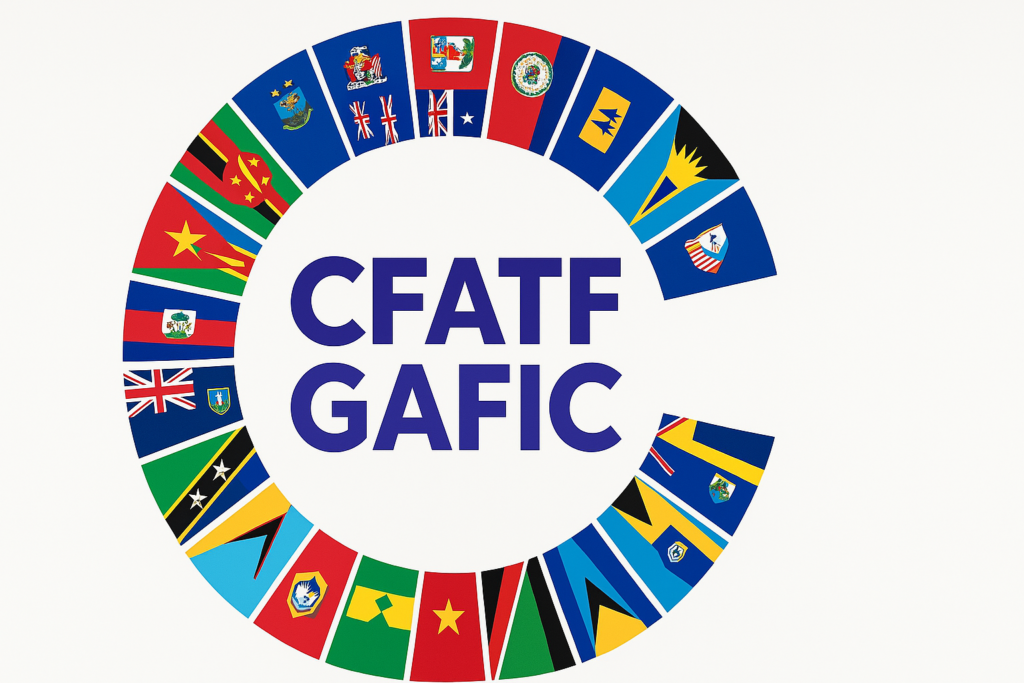
There are currently various entities and organizations that operate and participate in different ways in the prevention of money laundering and the financing of terrorism. One such type of body is the FATF-style regional bodies — FSRBs. As of now, nine FSRBs have been established, such as GAFILAT, all of which are integrated into the FATF’s global network of supervisors. One of these entities is the Caribbean Financial Action Task Force, which covers the Caribbean Basin, Central, and South America.
Continue reading “CFATF and the prevention of money laundering”








